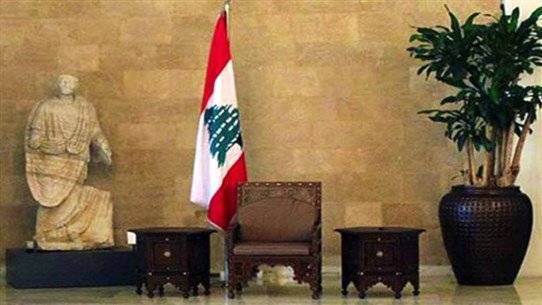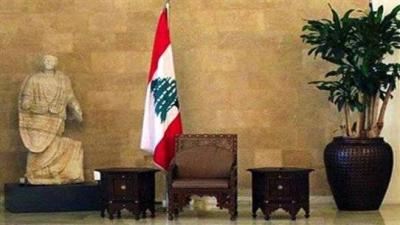The effects of the reconciliation meeting that brought together the president of the “Free Patriotic Movement,” MP Gibran Bassil, and the head of the “Maronite Movement,” Suleiman Franjieh, under the auspices of Hezbollah Secretary-General Hassan Nasrallah last May did not last long. On that day, Franjieh was given the opportunity to vent all his grievances about feeling sidelined by his “allies,” going so far as to say that he felt “erased.” He expressed his grievances without holding back, leaving nothing concealed. In that session, which took place just days before the parliamentary elections, Bassil absorbed the criticism without responding, leading everyone to believe that a “new page” could be opened between them, as Franjieh later remarked.
For a brief period, both sides adhered to this reconciliation, and most who met with Bassil and Franjieh noticed their strong commitment to maintaining the “political and media truce,” emphasizing the importance of learning from the repercussions of their conflict regarding the March 8 coalition and the lessons learned from the last elections to avoid repeating them in the coming years, especially in light of the country’s collapse.
While it is true that the ceasefire has not collapsed publicly, the talk of a renewed clash between them increases daily, particularly as Franjieh has accelerated his presidential movements recently, albeit not openly, while Bassil outright refuses to agree with him on the presidency, even though he understands that his rival's chances are improving.
Amid the haze surrounding the Lebanese political scene regarding the presidential file, daily indicators suggest that it is unlikely to reach a happy conclusion due to the intertwined major obstacles: first, the regional and international clashes that prevent the emergence of a consensual, centrist president, compelling each faction to cling to their own presidential candidate. The second obstacle lies in the ability of multiple parties to disrupt any electoral session due to the lack of consensus. The third obstacle relates to the absence of the major Sunni component that represents a crucial pathway for presidential elections, alongside the failure to secure Christian “national pact” representation, as deep divisions hinder any candidate from obtaining a legitimate share of Christian votes for their election.
However, this basket of complexities is not the sole reason that may render the presidential elections a suspended affair. According to informed sources, the crux of the issue lies not in the enmity between the March 8 and March 14 factions or the mere need for a settlement akin to that crafted by President Saad Hariri with President Michel Aoun in 2017. Instead, the challenge arises from Hezbollah and its allies, where consensus on a single candidate is “almost impossible.” Indeed, constructing an agreement between Bassil and Franjieh is described as “one of the most impossible scenarios.” Neither Bassil is convinced of supporting Franjieh nor does Franjieh seem likely to accept terms that would make him merely a figurehead while Bassil wields actual control over the new term. It is well-known that neither can enter Baabda Palace without the blessing of the other, given the constraints involving an agreement with the Lebanese Forces' Samir Geagea, despite some promising Franjieh “65 votes” for him.
So far, nothing has emerged publicly to confirm the collapse of the ceasefire between Bassil and Franjieh, but it has indeed occurred. Reports suggest that the main reason for this is derogatory remarks about Bassil that reached him from Franjieh’s close circles. Sources close to both parties confirmed this news, but pointed out that “the return of tension cannot merely be linked to a spoken word exchanged here or there.” Still, any additional hesitation on Hezbollah's part regarding the announcement of support for a candidate is met with “unpredictable reactions that exacerbate divisions surrounding this issue.” Such reactions are reflected in the heightened intensity of both sides’ commentary about one another.
There is a prevailing impression in political circles that conflicts will begin to emerge successively in the coming weeks as the countdown to electing a new president begins; soon, the “toxic friendliness” between them may explode, complicating this election process for Hezbollah if it occurs on schedule, since the conflict could result in a stalemate between Bassil and Franjieh, paving the way for a third candidate to take victory.




